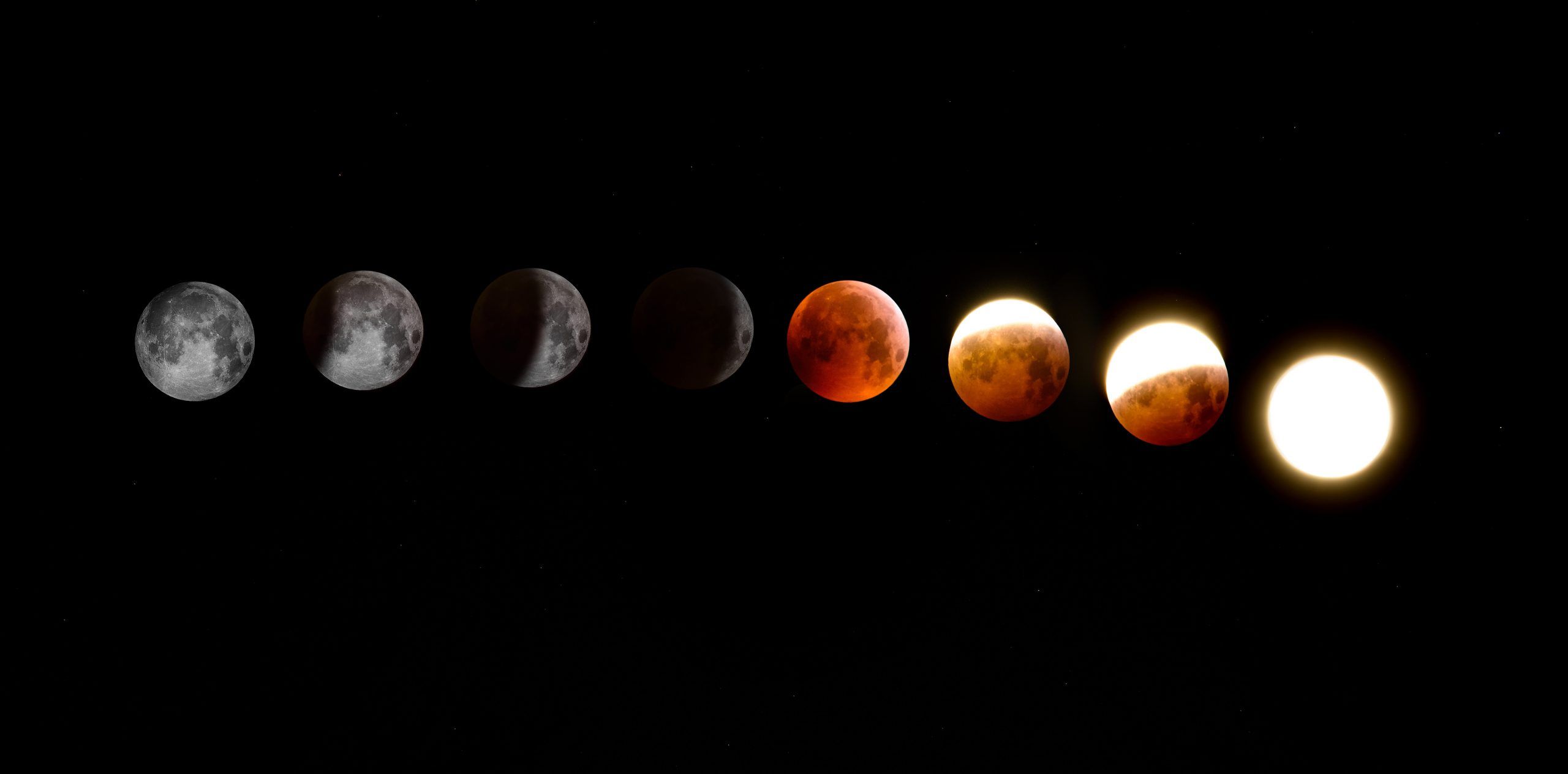Urban Gardens that give Life to the Center of Medellín
Mentions about the influence of the moon at the time of planting and harvesting appear even in the oldest texts that refer to the work of cultivating. It is said, for example, that during a full moon the sap flows more strongly and abundantly in the plant, while it becomes slower and scarcer when the moon enters its waning phase.
There are two hypotheses about how the moon influences plants. The first affirms that these undergo changes because the gravitational field of the moon affects the water or the sap that circulates within them, in the same way that it does with the tides. This is a fairly widespread idea, however it has been refuted by several studies as the water content of plants, even in the largest trees, is too small.
The second theory states that the moon’s influence on plants is due to its light, which would have an electromagnetic effect that alters the surface tension of water in plant tissues. Although moonlight is a reflection of the sun, it is different, not only because it is only 15% as bright, but also because its spectrum tends to be a bit more infrared. This makes it capable of penetrating the soil and affecting the germination, growth, nutrition and behavior of plants.
And although scientists still do not agree on why the moon affects plants, the ideal is to learn how they behave in each lunar phase so that you can carry out activities such as transplanting and pruning at the optimal time.
It may interest you: What you need to know about urban gardens before starting yours
new Moon
The sap moves downward, concentrating on the roots. There is no moonlight, so seed germination is minimal. The growth of the plants is scarce, almost nil. This is the perfect time to prune or weed your plants, as there is not a high concentration of sap in the branches, wounds caused by pruning will heal faster, and there is less risk of infection. If you have sick plants, you can prune them, since they will be ready to recover in the growing phase.
Crescent moon
The sap moves up from the roots to the top of the plant, promoting foliage growth. Flowering and maturation of plants can be stimulated in this phase. There is a good amount of moonlight and water from the soil moves more easily to the roots. For this reason, this lunar phase is perfect for sowing and germinating seeds. You can take advantage of this phase to prepare the soil, sow, harvest and graft. Avoid fertilizing, pruning and weeding.
Full moon
In this phase, the sap flows abundantly and quickly from the roots to the top of the plant. This has an impact on development, promoting rooting and root growth. This is an ideal phase for transplanting, removing the soil, making compost preparations for fertilizing and harvesting. Weeding is also recommended.
Waning moon
The plant sap begins to move downward. The plant absorbs more water and nutrients, this strengthens it, even if it does not grow much. During the waning moon there is little moonlight, making it the ideal time to transplant, as the roots will grow vigorously. It is also an especially good time to plant tubers, rhizomes, and bulbs. If you have unwanted weeds, take advantage of this phase to pull them up.
So, when you are ready to start your garden at home, do not forget to take these recommendations into account and lean on the lunar phases to make your crop prosperous and sustainable.
The project “Urban gardens that give life to the center of Medellín” is carried out thanks to the call Medellín Palpita from the Territories, of the Communications Secretariat of the Special District of Science, Technology and Innovation of Medellín.
You may also be interested in
